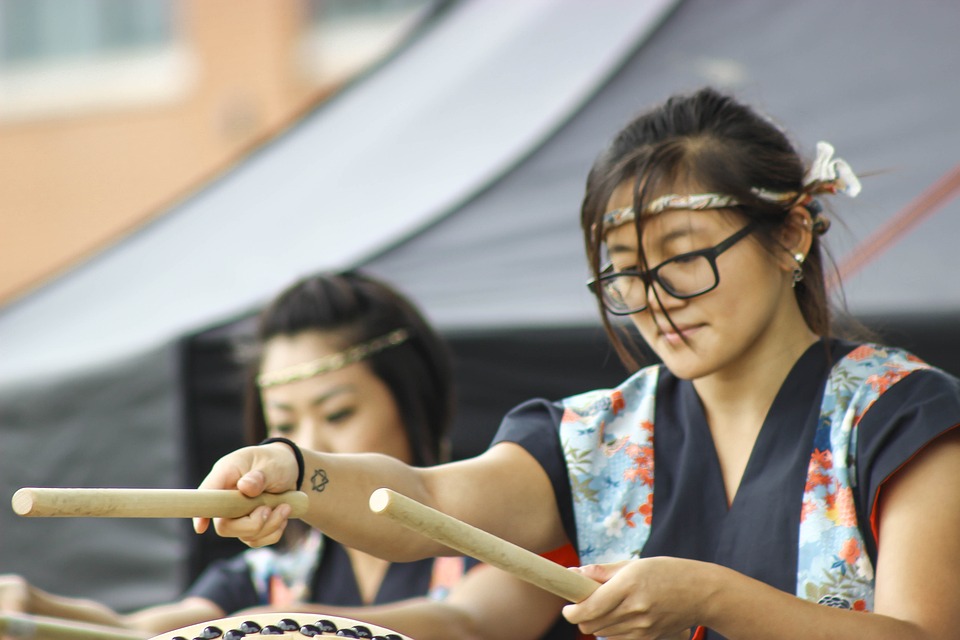The Role of Cultural Events in Preserving Traditional Customs and Practices
Cultural events play a vital role in preserving traditional customs and practices in societies around the world. These events serve as a platform for communities to come together, celebrate their heritage, and pass down cultural traditions to future generations. By participating in these events, individuals have the opportunity to connect with their roots, learn about their history, and keep their customs alive.
Celebrating Heritage
One of the primary functions of cultural events is to celebrate a community’s heritage and showcase its unique customs and practices. These events often include traditional performances, music, dance, food, and art that are specific to a particular culture. For example, Chinese New Year celebrations feature dragon dances, lantern festivals, and traditional dishes like dumplings and longevity noodles. These activities help to preserve and promote the traditions that have been passed down through generations.
Passing Down Knowledge
Cultural events also provide a platform for elders to pass down knowledge and skills to younger generations. Through storytelling, demonstrations, and hands-on activities, young people can learn about their cultural history and heritage from those who have experienced it firsthand. For example, Native American powwows often include workshops on traditional crafts such as beading, drum making, and basket weaving. These activities help to ensure that traditional skills and knowledge are not lost over time.
Fostering a Sense of Community
Cultural events bring people together and foster a sense of community among individuals who share a common heritage. These events provide an opportunity for people to connect with others who have similar backgrounds and experiences, creating a sense of belonging and unity. Participation in cultural events can strengthen social bonds, build relationships, and create a support network within a community. For example, Oktoberfest in Germany brings people together to celebrate Bavarian culture, enjoy traditional music and dance, and bond over beer and pretzels.
Promoting Cultural Diversity
Cultural events promote cultural diversity by providing a platform for different communities to share their traditions and practices with others. These events offer a glimpse into the rich tapestry of human culture and allow individuals to learn about and appreciate the customs of others. By attending cultural events, people can broaden their understanding of different traditions, beliefs, and values, leading to greater respect and acceptance of diversity. For example, Diwali celebrations in India showcase the colorful rituals and traditions associated with the Hindu festival of lights, giving participants a window into Indian culture.
Reviving Endangered Customs
In some cases, cultural events play a crucial role in reviving endangered customs and practices that are at risk of being lost. By organizing festivals, workshops, and performances that highlight these traditions, communities can bring awareness to the importance of preserving their cultural heritage. For example, the Hula Preservation Society in Hawaii works to revive and promote the traditional art of hula dancing through workshops, performances, and educational programs. These efforts help to ensure that hula, which was once on the brink of extinction, continues to thrive and be passed down to future generations.
Empowering Cultural Identity
Cultural events can empower individuals to embrace their cultural identity and take pride in their heritage. By participating in events that celebrate their customs and traditions, people can feel a sense of connection to their roots and a renewed appreciation for their cultural background. This sense of pride and belonging can strengthen individual identities, build self-esteem, and instill a sense of cultural pride. For example, the St. Patrick’s Day parade in New York City celebrates Irish culture and heritage, encouraging participants to take pride in their Irish roots and celebrate their identity.
In conclusion, cultural events serve as a vital platform for preserving traditional customs and practices, celebrating heritage, passing down knowledge, fostering community, promoting diversity, reviving endangered customs, and empowering cultural identity. These events play a crucial role in keeping cultural traditions alive and ensuring that they are passed down to future generations. By participating in cultural events, individuals can connect with their roots, learn about their history, and take pride in their heritage. Cultural events are a cornerstone of preserving and promoting the rich tapestry of human culture.



